WUHAN, China: As researchers continue their quest to better understand the SARS-CoV-2 virus, a new study has aimed at improving the detection of SARS-CoV-2 ribonucleic acid. By using oropharyngeal secretions instead of nasopharyngeal swabs (NPSs) for nucleic acid amplification tests (NAATs) for SARS-CoV-2, the researchers managed to reduce the number of false-negative results from testing of patients who had apparently recovered from the disease.
According to the researchers, sampling of oropharyngeal secretions is a simple procedure that can be performed in various settings. It not only minimises the contact between healthcare workers and patients, but also reduces the risk of virus transmission.
The study was led by Dr Jingzhi Ma, associate professor and head of the Department of Stomatology at Tongji Hospital at Tongji Medical College of Huazhong University of Science and Technology in Wuhan. The study included 75 COVID-19 patients who had seemingly recovered and were ready for discharge. The patients had tested negative using two consecutive NAATs of NPS viral samples. However, after having repeated the testing using oropharyngeal secretions, the researchers reported that a few patients were found to be positive.
Since the researchers had detected potential false negatives in the first cohort, they collected 50 additional samples from COVID-19 patients who were recovering from the disease.
The researchers compared the diagnostic values of the two viral ribonucleic acid sampling methods and found that the oropharyngeal secretions obtained from two of the 75 subjects in the first study yielded positive results for SARS-CoV-2 nucleic acid. In the second study, the oropharyngeal secretion samples were found to be significantly more sensitive for the detection of the virus than the NPS samples, and they missed only 14% of positive cases compared with 59% for the NPS samples.
“The NPS test has a risk of sending home more patients who still have the infection, while the oropharyngeal secretions test will make such errors in fewer patients,” Ma noted. He added that, although oropharyngeal secretion sampling improves the accuracy of SARS-CoV-2 nucleic acid testing, this conclusion is based on a small sample size.
The study, titled “Oropharyngeal secretion as alternative for SARS-CoV-2 detection”, was published online on 2 July 2020 in the Journal of Dental Research.
Tags:
LEIPZIG, Germany: New variants of the SARS-CoV-2 virus that emerged in the UK and South Africa in 2020 show higher transmissibility. And whereas they are ...
SINGAPORE: With the aim of preventing the spread of SARS-CoV-2, researchers from the National University of Singapore (NUS) have developed a portable ...
HARLOW, UK: Now that many questions regarding COVID-19, including its symptoms, risks and recovery time, have been answered, researchers are faced with a ...
TORONTO, Canada: The novel coronavirus first infected people in China, but is spreading to other countries in Asia as well as to Europe, the Middle East and...
In the absence of a dental market response to the SARS-CoV-2 pandemic, Dr Mustafa Ayna, a Germany-based dentist who heads his own practice in Duisburg, ...
LONDON, UK: Seeking to improve oral cancer detection and treatment, researchers from Queen Mary University of London have developed the first polymerase ...
SASKATOON, Saskatchewan, Canada: Researchers from the University of Saskatchewan (USask) in Saskatoon are currently working on two large projects that have ...
BADALONA, Spain: Mouthwashes that contain cetylpyridinium chloride (CPC) have been found to reduce by at least one thousand times the infectivity of ...
LEIPZIG, Germany: Researchers in India have found that scientific literature supports salivary diagnostics for SARS-CoV-2 infection as an alternative to ...
LEIPZIG, Germany: UK health authorities have administered the first doses of the SARS-CoV-2 vaccine developed by Pfizer and BioNTech, and public health ...
Live webinar
Tue. 24 February 2026
1:00 pm EST (New York)
Prof. Dr. Markus B. Hürzeler
Live webinar
Tue. 24 February 2026
3:00 pm EST (New York)
Prof. Dr. Marcel A. Wainwright DDS, PhD
Live webinar
Wed. 25 February 2026
11:00 am EST (New York)
Prof. Dr. Daniel Edelhoff
Live webinar
Wed. 25 February 2026
1:00 pm EST (New York)
Live webinar
Wed. 25 February 2026
8:00 pm EST (New York)
Live webinar
Tue. 3 March 2026
11:00 am EST (New York)
Dr. Omar Lugo Cirujano Maxilofacial
Live webinar
Tue. 3 March 2026
8:00 pm EST (New York)
Dr. Vasiliki Maseli DDS, MS, EdM



 Austria / Österreich
Austria / Österreich
 Bosnia and Herzegovina / Босна и Херцеговина
Bosnia and Herzegovina / Босна и Херцеговина
 Bulgaria / България
Bulgaria / България
 Croatia / Hrvatska
Croatia / Hrvatska
 Czech Republic & Slovakia / Česká republika & Slovensko
Czech Republic & Slovakia / Česká republika & Slovensko
 France / France
France / France
 Germany / Deutschland
Germany / Deutschland
 Greece / ΕΛΛΑΔΑ
Greece / ΕΛΛΑΔΑ
 Hungary / Hungary
Hungary / Hungary
 Italy / Italia
Italy / Italia
 Netherlands / Nederland
Netherlands / Nederland
 Nordic / Nordic
Nordic / Nordic
 Poland / Polska
Poland / Polska
 Portugal / Portugal
Portugal / Portugal
 Romania & Moldova / România & Moldova
Romania & Moldova / România & Moldova
 Slovenia / Slovenija
Slovenia / Slovenija
 Serbia & Montenegro / Србија и Црна Гора
Serbia & Montenegro / Србија и Црна Гора
 Spain / España
Spain / España
 Switzerland / Schweiz
Switzerland / Schweiz
 Turkey / Türkiye
Turkey / Türkiye
 UK & Ireland / UK & Ireland
UK & Ireland / UK & Ireland
 International / International
International / International
 Brazil / Brasil
Brazil / Brasil
 Canada / Canada
Canada / Canada
 Latin America / Latinoamérica
Latin America / Latinoamérica
 USA / USA
USA / USA
 China / 中国
China / 中国
 India / भारत गणराज्य
India / भारत गणराज्य
 Pakistan / Pākistān
Pakistan / Pākistān
 Vietnam / Việt Nam
Vietnam / Việt Nam
 ASEAN / ASEAN
ASEAN / ASEAN
 Israel / מְדִינַת יִשְׂרָאֵל
Israel / מְדִינַת יִשְׂרָאֵל
 Algeria, Morocco & Tunisia / الجزائر والمغرب وتونس
Algeria, Morocco & Tunisia / الجزائر والمغرب وتونس
 Middle East / Middle East
Middle East / Middle East


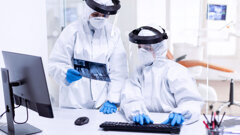
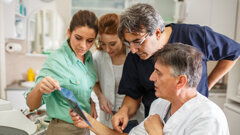
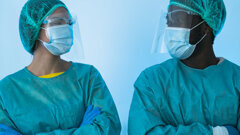
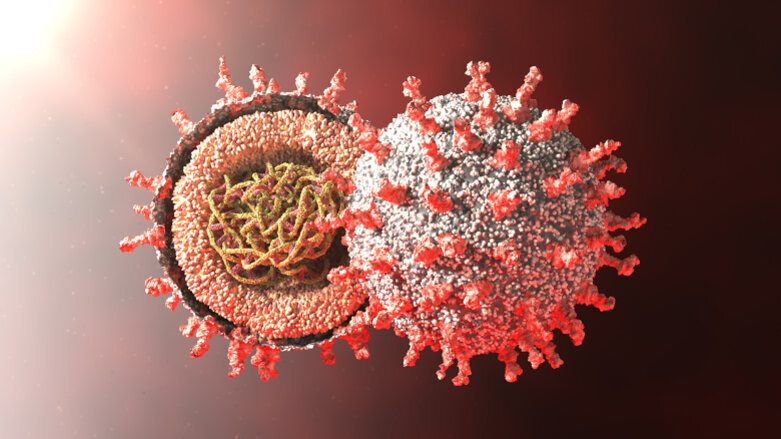



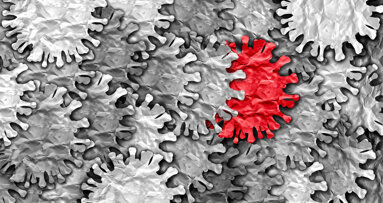
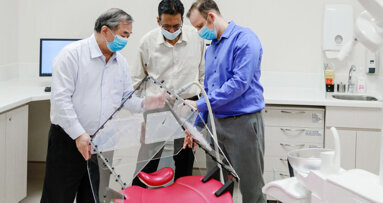
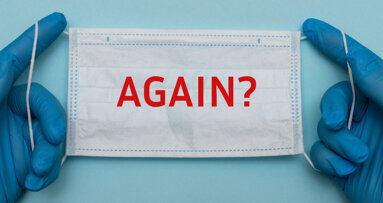
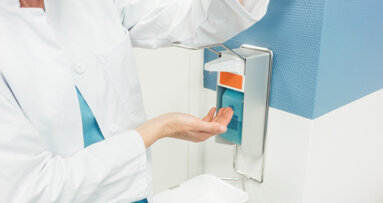
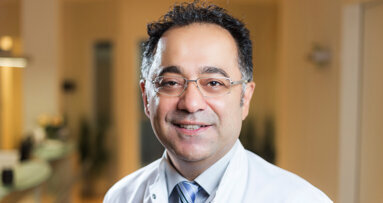
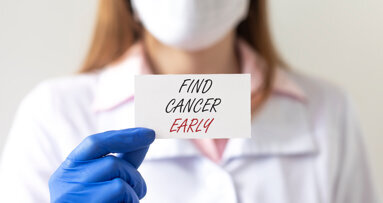
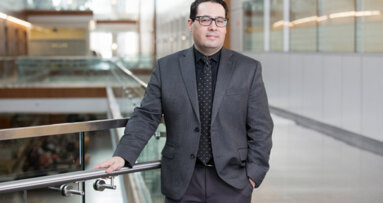
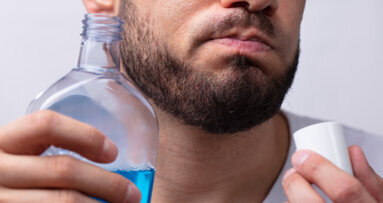
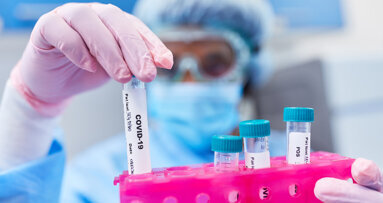
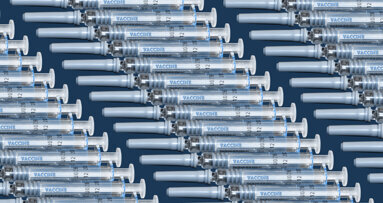

















To post a reply please login or register